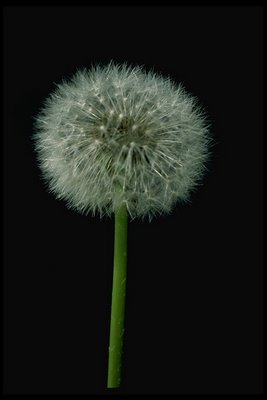According the the 1999 archives of Mother Earth News, coffee drinkers may be able to find an alternative to imported coffee beans (see post below). Here are some examples: Acorns from oak trees, no word on if Tallahassee's live oaks will do. Harvest them in the autumn, peel then and boil or soak them to remove tannic acid. Grind the acorns coarsely, roast them like coffee beans. The cautions not to roast the acorns to black because of the danger of creating carcinogens turned me off, be sure to read the article if you're considering acorns as you cuppa joe.
Burdock root can be used as a coffee substitute. Now, I know burdock from my visit this summer to Virginia. The edible and medicinal plant walking tour
 that we took near Blacksburg and the Apalachian trail provided many sitings of the medicinal burdock and I learned even the leaves were used as wound compresses and as diapers.
that we took near Blacksburg and the Apalachian trail provided many sitings of the medicinal burdock and I learned even the leaves were used as wound compresses and as diapers.Use young roots, wash, grate and cut into slices, dry them in the oven, then grind coarsely. Then, roast the ground burdock. Mother Earth suggests burdock as a supplement to your coffee beans.
CALIFORNIA COFFEEBERRY
Evidently, as the name suggests, these are native to California, so wouldn' t meet our local test, and it contains no caffeine. Despite its name, it's an evergreen shrub and not related to the coffee plant.
t meet our local test, and it contains no caffeine. Despite its name, it's an evergreen shrub and not related to the coffee plant. We're familiar with the carob pod, but native to the Mediterranean, and with chicory, which can be grown here, and has been used throughout the South as a coffee substitute. Dandelion root has also long been used as a coffee substitute. If the dandelion looks like this: then it's past its time to be consumed.
then it's past its time to be consumed.
We don't find too much grains, like barley and wheat, in Tallahassee, however it's suggested to try any wild grasses in the area to discover something suitable. For example, Slow thistle, from Canada is related to the dandelion and is a more tender root.
 then it's past its time to be consumed.
then it's past its time to be consumed.
No comments:
Post a Comment